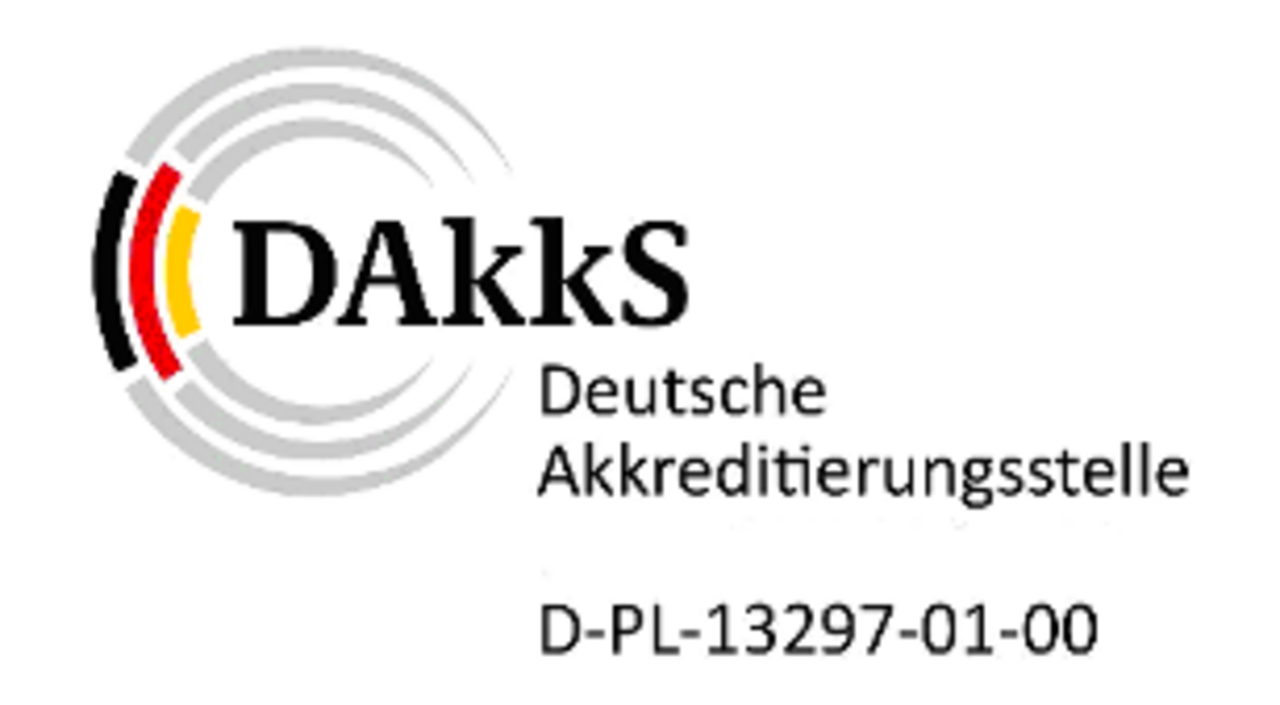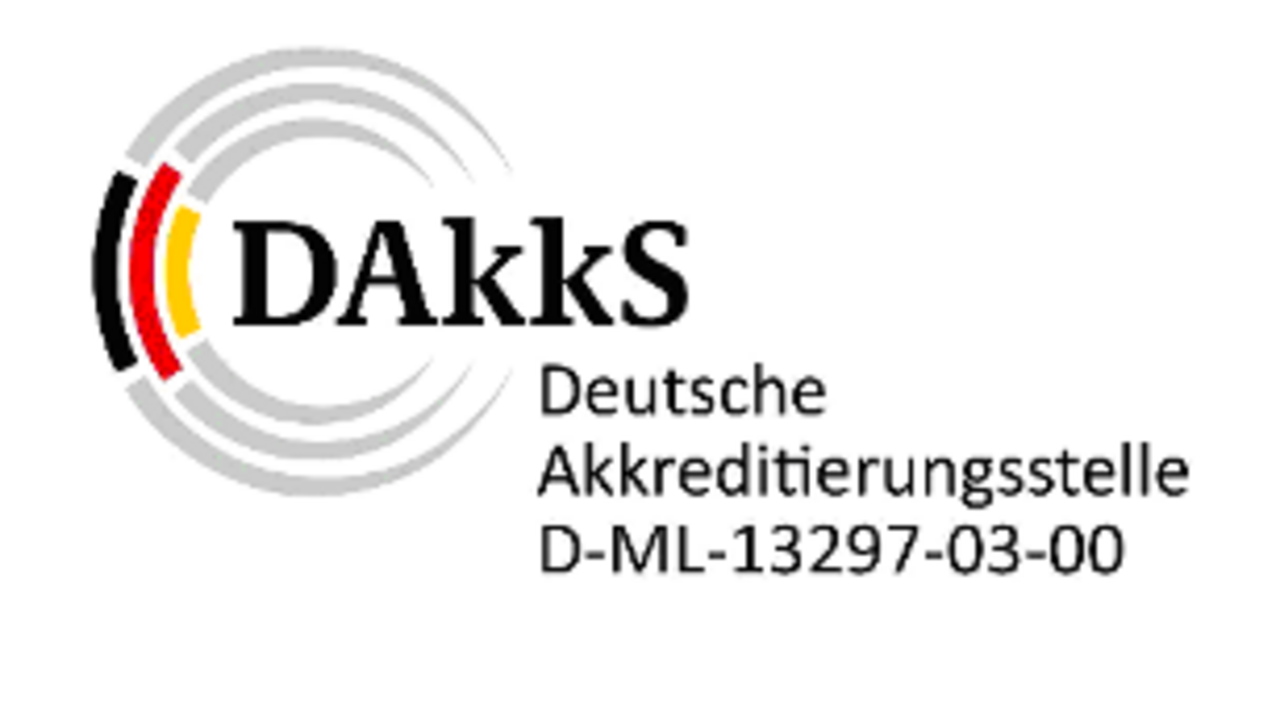Sobotta K, Schulze-Luehrmann J, Ölke M, Boden K, Lührmann A. (2025) Acid tolerance of Coxiella burnetii is strain-specific and might depend on stomach content. Pathogens 14: 272.
Siddique MNAA, Kellermeier F, Ölke M, Zhao M, Büssow K, Oefner PJ, Lührmann A, Dettmer K, Lang R. (2024) Divergent effects of itaconate isomers on Coxiella burnetii growth in macrophages and in axenic culture. Front Immunol 15: 1427457.
Biedermann A, Patra-Kneuer M, Mougiakakos D, Büttner-Herold M, Mangelberger-Eberl, D, Berges J, Kellner C, Altmeyer S, Bittenbring JT, Augusberger C, Illieva-Babinsky, Haskamp S, Beier F, Lischer C, Vera J, Lührmann A, Bertz S, Völkl S, Jacobs B, Steidl S, Mackensen A, Bruns H. (2024) Blockade of the CD47/SIRPa checkpoint axis potentiates the macrophages-mediated anti-tumor efficacy of tafasitamab. Haematologica 109: 3928-3940.
- Schulze-Luehrmann J, Liebler-Tenorio E, Felipe-Lopez A, Lührmann A. (2024) Cell death induction facilitates egress of Coxiella burnetii from infected host cells at late stages of infection. Mol Microbiol 121: 513-528.
- Mauermeir M, Ölke M, Hayek I, Schulze-Luehrmann J, Dettmer K, Oefner PJ, Berens C, Menge C, Lührmann A. (2023). Bovine blood derived macrophage are unable to control Coxiella burnetii replicaiton under hypoxic conditions. Front Immunol 14: 960927.
- Kohl L, Siddique MNAA, Bodendorfer B, Berger R, Preikschat A, Daniel C, Ölke M, Liebler-Tenorio E, Schulze-Luehrmann J, Mauermeir M, Yang KT, Hayek I, Szperlinski M, Andrack J, Schleicher U, Bozec A, Krönke G, Murray PJ, Wirtz S, Yamamoto M, Schatz V, Jantsch J, Oefner P, Degrandi D, Pfeffer K, Mertens-Scholz K, Rauber S, Bogdan C, Dettmer K, Lührmann A, Lang R. (2022) Macrophages inhibit Coxiella burnetii by the ACOD1-itaconate pathway for containment of Q fever. EMBO Mol Med e15931.
- Hayek I, Szperlinski M, Lührmann A. (2022) Coxiella burnetii affects HIF1a accumulation and HIF1a target gene expression. Front Cell Infect Microbiol 12: 867689.
- Cordsmeier A, Rinkel S, Jeninga M, Schulze-Luehrmann J, Ölke M, Schmid B, Hasler D, Meister G, Häcker G, Petter M, Beare PA, Lührmann A. (2022) The Coxiella burnetii T4SS effector protein AnkG hijacks the 7SK small nuclear ribonucleoprotein complex for reprogramming host cell transcription. PLoS Pathogens 18: e1010266.
- Friedrich A, Beare PA, Schulze-Luehrmann J, Cordsmeier A, Pazen T, Sonnewald S, Lührmann A. (2021) The Coxiella burnetii effector protein CaeB modulates ER stress signaling and is required for efficient replication in Galleria mellonella. Cell Microbiol 23: e13305.
- Hayek I, Schatz V, Bogdan C, Jantsch J, Lührmann A. (2021) Mechanisms controlling bacterial infection in myeloid cells under hypoxic conditions. Cell Mol Life Sci 78: 1887-1907.
- Pechstein J, Schulze-Luehrmann J, Bisle S, Cantet F, Beare PA, Ölke M, Bonazzi M, Berens C, Lührmann A. (2020) The Coxiella burnetii T4SS effector AnkF is important for intracellular replication. Front Cell Infect Microbiol 10: 559915.
- Schäfer W, Schmidt T, Cordsmeier A, Borges V, Beare PA, Pechstein J, Schulze-Luehrmann J, Holzinger J, Wagner N, Berens C, Heydel C, Gomes JP, Lührmann A. (2020) The anti-apoptotic Coxiella burnetii effector protein AnkG is a strain specific virulence factor. Sci Rep 10: 15396.
- Matthiesen S, Zaeck L, Franzke K, Jahnke R, Fricke C, Mauermeir M, Finke S, Lührmann A, Knittler MR. (2020) Coxiella burnetii-infected NK cells release infectious bacteria by degranulation. Infect Immun 88: e00172-20.
- Bauer BU, Runge M, Campe A, Henning K, Mertens-Scholz K, Boden K, Sobotta K, Frangouldis D, Knittler MR, Matthiesen S, Berens C, Lührmann A, Fischer SF, Ulbert S, Makert GR, Ganter M. (2020) Coxiella burnetii: Ein Übersichtsartikel mit Fokus auf das Infektionsgeschehen in deutschen Schaf- Und Ziegenherden. Berl Münch Tierärztl Wochenschr DOI 10.2376/0005-9366-19030.
- Cordsmeier A, Wagner N, Lührmann A, Berens C. (2019) Defying Death – How Coxiella burnetii copes with intentional host cell suicide. Yale J Biol Med 92: 619-628.
- Hayek I, Fischer F, Schulze-Lührmann J, Dettmer K, Sobotta K, Schatz V, Kohl L, Boden K, Lang R, Oefner PJ, Wirtz S, Jantsch J, Lührmann A. (2019) Limitation of TCA-cycle intermediates represents an oxygen-independent nutritional antibacterial effector mechanism of macrophages. Cell Reports 26: 3502-3510.
- Kohl L, Hayek I, Daniel C, Schulze-Lührmann J, Bodendorfer B, Lührmann A, Lang R. (2019) MyD88 is required for efficient control of Coxiella burnetii infection and dissemination. Front Immunol 10: 165.
- Hayek I, Berens C, Lührmann A. (2019) Modulation of host cell metabolism by T4SS-encoding intracellular pathogens. Curr Opin Microbiol 47: 59-65.
- Krampen L, Malmsheimer S, Grin I, Trunk T, Lührmann A, de Gier JW, Wagner S. (2018) Revealing the mechanisms of membrane protein export by virulence-associated bacterial secretion systems. Nat Commun 9: 3467.
- Rebbing A, Matthiesen S, Lührmann A, Knittler MR. (2018) Flow cytometry as a new complementary tool to study Coxiella burnetii in cell cultures. J Microbiol Methods 151: 39-43.
- Mahli A, Saugspier M, Koch A, Sommer J, Dietrich P, Lee S, Thasler R, Schulze-Luehrmann J, Lührmann A, Thasler WE, Müller M, Bosserhoff A, Hellerbrand C. (2018) ERK activation and autophagy impairment are central mediators of irinotecan-induced steatohepatitis. Gut 67: 746-756.
- Lührmann A, Newton HJ, Bonazzi M. (2017) Beginning to understand the role of the type IV secretion system effector proteins in Coxiella burnetii pathogenesis. Curr Top Microbiol Immunol 413: 243-268.
- Pechstein J, Schulze-Luehrmann J, Lührmann A. (2017) Coxiella burnetii as a useful tool to investigate bacteria-friendly host cell compartments. Int J Med Microbiol 308: 77-83.
- Haas A, Hensel M, Lührmann A, Rudel T, Saftig P, Schaible UE. (2017) Intracellular compartments of pathogens: Highways to hell or stairways to heaven? Int J Med Microbiol 308: 1-2.
- Friedrich A, Pechstein J, Berens C, Lührmann A. (2017) Modulation of host cell apoptotic pathways by intracellular pathogens. Curr Opin Microbiol 35: 88-99.
- Schäfer W, Eckart RA, Schmid B, Cagköylü H, Hof K, Muller YA, Amin B, Lührmann A. (2017) Nuclear trafficking of the anti-apoptotic Coxiella burnetii effector protein AnkG requires binding to p32 and Importin-1. Cell Microbiol 19:e12634.
- Rodriguez-Escudero M, Cid VJ, Molina M, Schulze-Luehrmann J, Lührmann A, Rodriguez-Escudero I. (2016) Studying Coxiella burnetii type IV substrates in the yeast Saccharomyces cerevisiae: Focus on subcellular localization and protein aggregation. PLoS One 11: e0148032.
- Schulze-Luehrmann J, Eckart RA, Ölke M, Saftig P, Liebler-Tenorio E, Lührmann A. (2016) LAMP proteins account for the maturation delay during the establishment of the Coxiella burnetii-containing vacuole. Cell Microbiol 18: 181-194.
- Bisle S, Klingenbeck L, Borges V, Sobotta K, Schulze-Luehrmann J, Menge C, Heydel C, Gomes JP, Lührmann A. (2016) The inhibition of the apoptosis pathway by the Coxiella burnetii effector protein CaeA requires the EK repetition motif, but is independent of survivin. Virulence 7: 400-412.
- Hacker E, Ott L, Schulze-Luehrmann J, Lührmann A, Wiesmann V, Wittenberg T, Burkovski A. (2016) The killing of macrophages by Corynebacterium ulcerans. Virulence 7: 45-55.
- Berens C, Bisle S, Klingenbeck L, Lührmann A. (2015) Applying an inducible expression system to study interference of bacterial virulence. J Vis Exp 100: e52903.
- Eckart RA, Bisle S, Schulze-Luehrmann J, Wittmann I, Jantsch J, Schmid B, Berens C, Lührmann A. (2014) The anti-apoptotic activity of the Coxiella burnetii effector protein AnkG is controlled by p32-dependent trafficking. Infect Immun 82: 2763-2771.
- Klingenbeck L, Eckart RA, Berens C, Lührmann A. (2013) The Coxiella burnetii type IV secretion system substrate CaeB inhibits intrinsic apoptosis at the mitochondrial level. Cell Microbiol 15: 675-687.
- Carey KL, Newton HJ, Lührmann A, Roy CR. (2011) The Coxiella burnetii Dot/Icm system delivers a unique repertoire of type IV effectors into host cells and is required for intracellular replication. PLoS Pathogens 7: e1002056.
- Lührmann A, Nogueira C, Carey KL, Roy CR. (2010) Inhibition of pathogen-induced apoptosis by a Coxiella burnetii type IV effector proteins. Proc Natl Acad Sci USA 107: 18997-19001.
- Pan X, Lührmann A, Satoh A, Laskowski-Arce MA, Roy CR. (2008) Ankyrin repeat proteins comprise a diverse family of bacteria type IV effectors. Science 320: 1651-1654.
- Lührmann A and Roy CR. (2007) Coxiella burnetii inhibits activation of host cell apoptosis through a mechanism that involves preventing cytochrome C release from mitochondria. Infect Immun 75: 5282-5289.
- Fernandez-Mora E, Polidori M, Lührmann A, Schaible UE, Haas A. (2005) Maturation of Rhodococcus equi-containing vacuoles is arrested after completion of the early endosome stage. Traffic 6: 635-653.
- Lührmann A, Mauder N, Sydor T, Fernandez-Mora E, Schulze-Luehrmann J, Takai S, Haas A. (2004) Necrotic death of Rhodococcus equi-infected macrophages is regulated by virulence-associated plasmids. Infect Immun 72: 853-862.
- Lührmann A, Streker K, Schüttfort A, Daniels JJ, Haas A. (2001) Afipia felis induces uptake by macrophages directly into a nonendocytic compartment. Proc Natl Acad Sci USA 98: 7271-7276.
- Lührmann A and Haas A. (2000) A method to purify bacteria-containing phagosomes from infected macrophages. Methods Cell Sci 22: 329-341.
- Lührmann A, Thölke J, Behn I, Schumann J, Tiegs G, Hauschildt S. (1998) Immunomodulating properties of the antibiotic novobiocin in human monocytes. Antimicrob Agents Chemother 42: 1911-1916.





